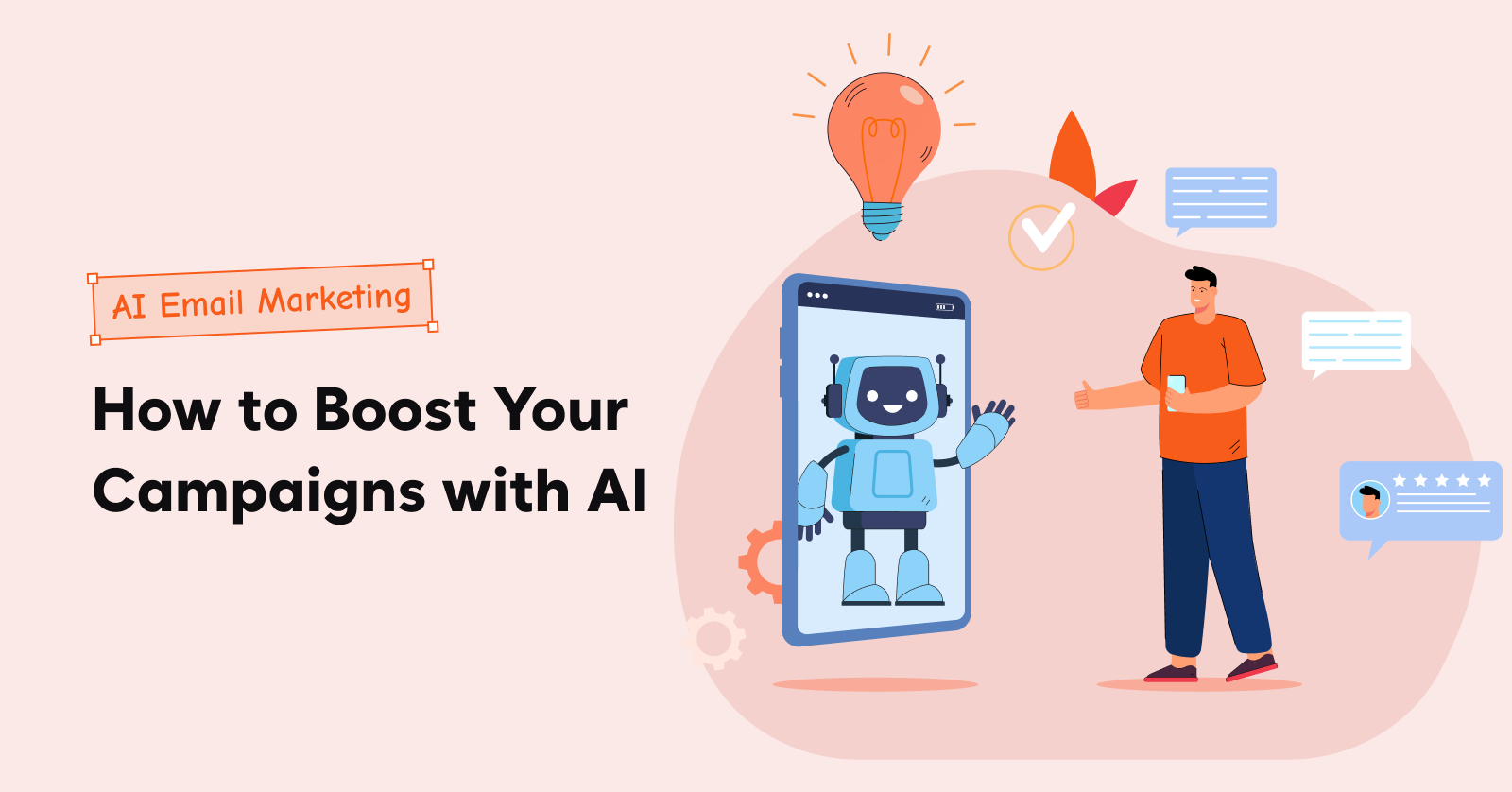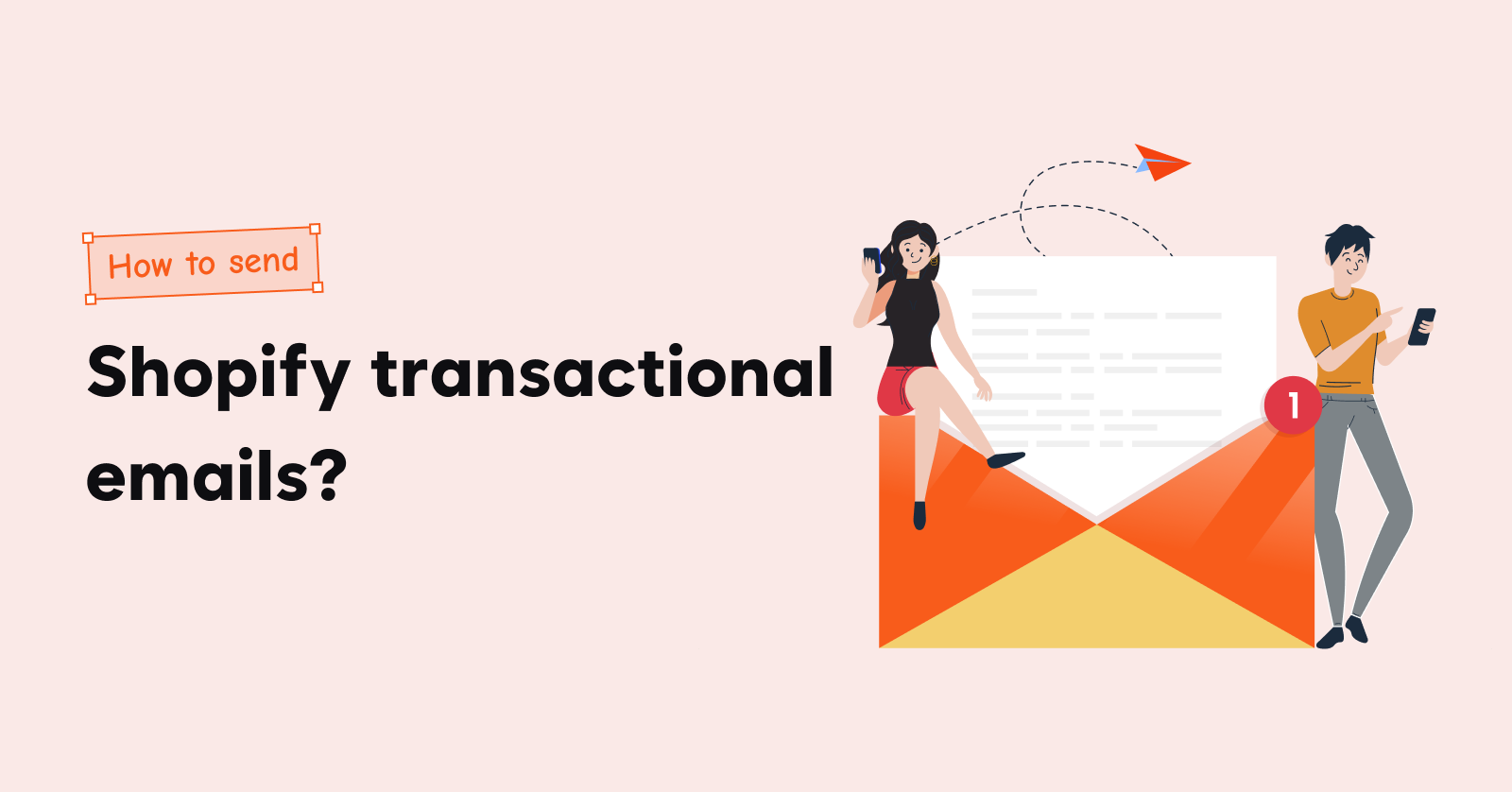So, you’ve successfully opened your Shopify store, are you asking the same question, why is my Shopify store not converting?
Opening a Shopify store is easy but taking it forward in the right way is complex. You have to put your efforts to remove the obstacles that lie in the path of your store.
Obstacles? How do I avoid them? How to get sales on my online store?
That is why we crafted this article and have bought you a list of 20 common mistakes that Shopify owners stores make. We’re sure that this blog can help you avoid obstacles and achieve instant success.
Retainful’s abandoned cart recovery, personalized email campaigns, and dynamic discounts can help you recover lost sales and retain customers like never before. Don’t miss out on the opportunity to supercharge your sales.
Does your Shopify store have high traffic but no sales?
This is one of the first things you’ll notice when you’ve just opened your Shopify store. Your store might attract high traffic but your sales will remain the same.
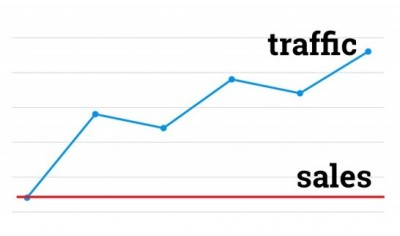
Do you know why this happens?
This happens because your store may have very little prospects for conversions. People visiting your store might not be enticed enough to make a purchase.
So, how do I increase my sales then?
When your store is capable of attracting traffic but couldn’t make enough initial sales it shows that you have a problem within your store.
Ultimately if you’re having high traffic and no sales you have to strategize your entire sales or marketing strategy, you’ve to fix the problems you’ve made and many more.
Let’s take a look at some of those mistakes that can cause hindrance in your sales.
20 Common Shopify store mistakes you are making
A faulty, unattractive design
When you design your Shopify store, it should be aesthetically pleasing to look and it must be robust enough to carry any number of traffic.
When your store cannot manage to get any one of them right, then you need to go back to your drawing board, because you have a poor design.
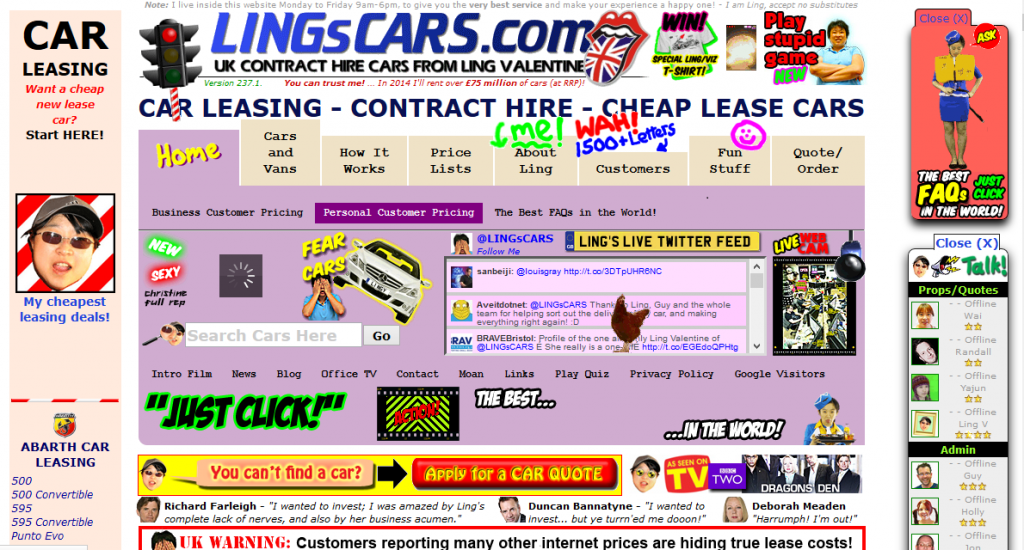
Imagine your store looking like this, would anyone care about purchasing at your shop. Don’t be one of them.
Having an attractive design doesn’t mean having the best-looking graphics, it is all about using a minimalistic design with a combination of right fonts and colours.
Always remember, your website must indicate your brand and your vision, other than an eCommerce store.
Have you noticed Websites like Nike or Tommy Hilfiger, those websites don’t represent their products rather they show how classy their brand is. That’s the target design you’ve to achieve.
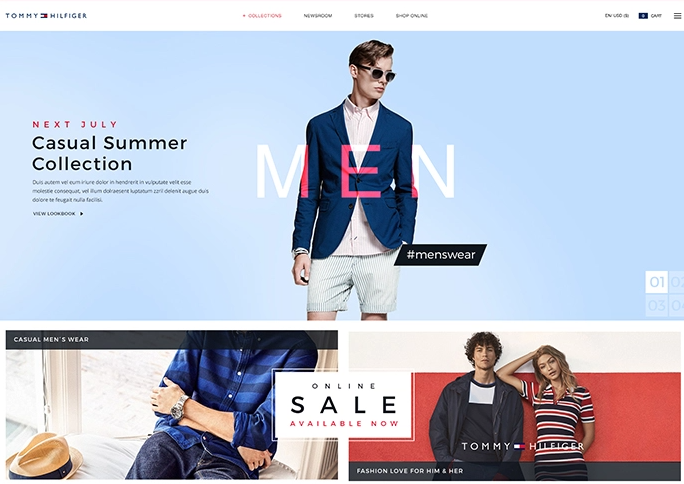
If you think you can’t design your Shopify store like this, don’t worry. Shopify has it covered for you, it has countless eCommerce website templates for you to choose.
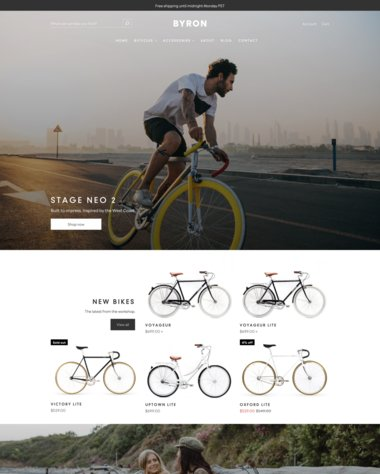
From simple, minimalistic design to graphic intended designs, Shopify has everything in its inventory. All you have to do is choose the right template and customize it as you wish.
Oversized, Low-quality images
Images are components that make your websites look attractive. It also rescues the text monotonicity by breaking up paragraphs. You can convey a complex message easily using images.
But what if you are making a mistake in uploading images?
Images are the initial thing your visitors see when they come to your store and if you use poor-quality images, you are pushing them away by yourself.
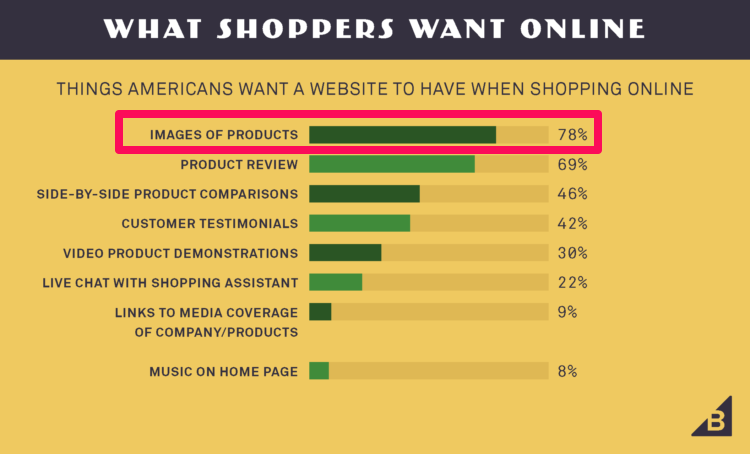
These statistics show that images are the prime thing a customer looks for in an eCommerce store. So, you’ve to avoid making mistakes by uploading poor quality images.
Unsplash is the best website to download royalty-free high-quality images for your website.
So, if I change the quality of the image, will it solve everything?
Probably not. Simply tweaking the resolution won’t chase things. You’ve to check the size of the images.
When you use oversized images, it will slow down the website, frustrating the customer. So, you should check both the quality and size of the image if you want to boost your conversions.
Frustrating user-experience
Are you wondering, why is my Shopify store not converting? Well, your store might be giving a frustrating experience for your customers.
Remember user-experience is not about the look and feel of a website rather it is about functionality and experience.
If your website is having a frustrating user-experience, it can contribute to high traffic but no sales, here are few more issues that may be bothering your store,
- Your website design is too complex.
- Navigating between menus/modules is confusing.
- Slower loading time.
- The checkout process is complicated.
- The payment gateway looks unsecured.
- Unwanted and aggressive popups.
- Your content is too harsh and has mistakes.
- Outdated contents or products.
- Policies aren’t enticing.
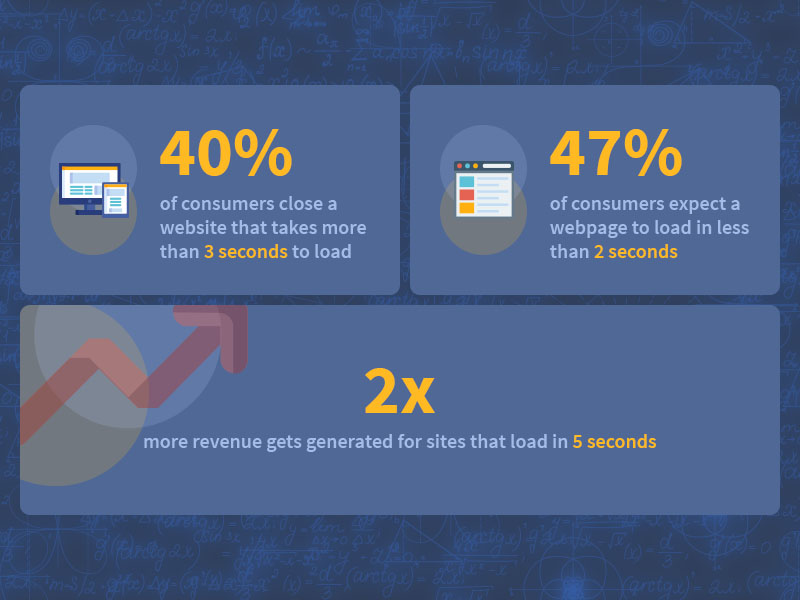
All of these reasons cannot occur at once, but individually they can contribute to bad user-experience. So, what will you do now?
You need to think like a user to check your user experience. Check your Shopify store from a customer point of view and search for products, navigation, and so on.
Look for the components that frustrated you and call the development team to fix the issue promptly.
You can also call your friends and families to check your website and give you an honest review of its performance. So, first, figure it out then sort it out.
Poor optimization for mobile devices
Mobile users have become significantly high in the past decade. It is estimated that by 2024, around 54% of all eCommerce sales will be from mobile devices.
But a sad reality is, only 12% of customers find it convenient to shop from mobile devices.
67% of customers have complained that eCommerce websites are poorly optimized for mobile devices. You shouldn’t make that mistake for your Shopify store.
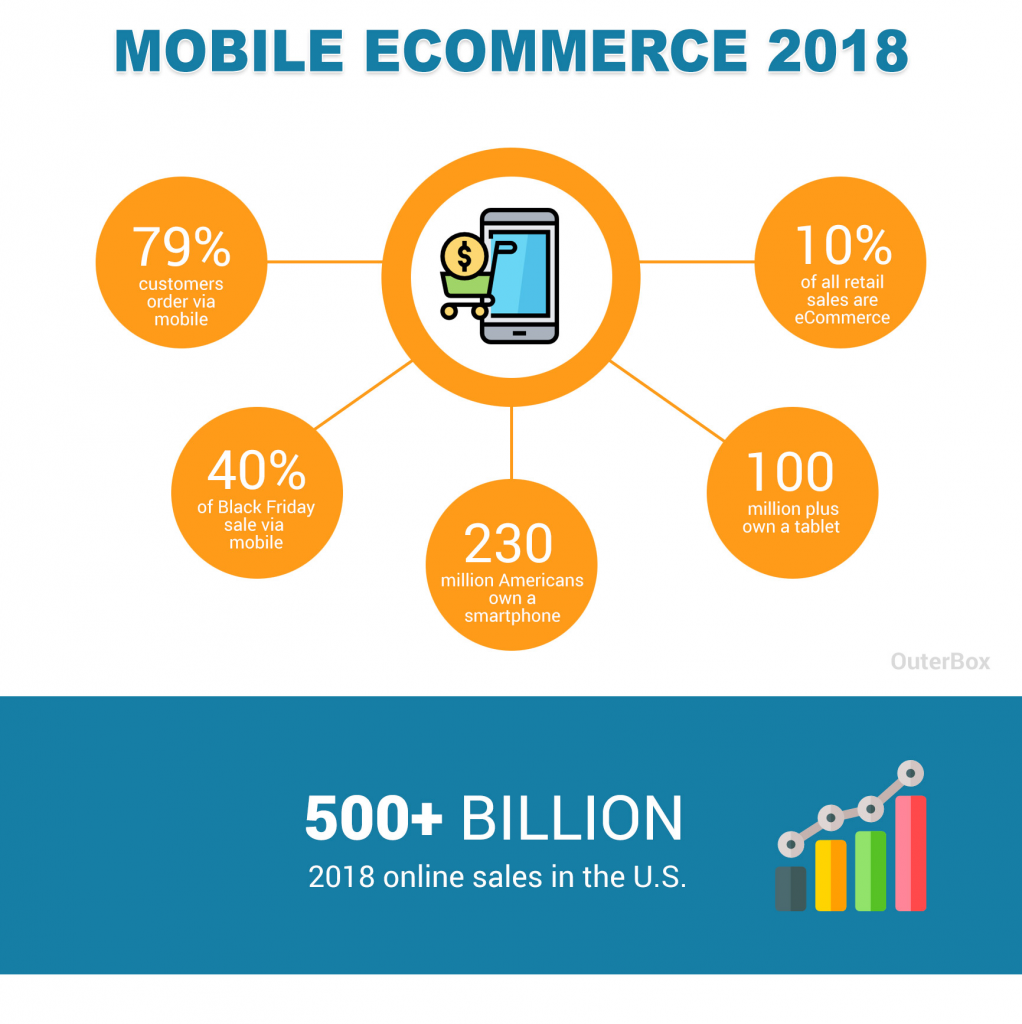
Remember you only have 5 seconds to entice a customer, if your website is slow because of poor optimization, chances are you are missing your sales.
That is why you should keep mobile optimization as a top priority, so tweak and check components like,
- Image and Video Loading
- Text Visibility
- Page Loading Speed
- Clickability
- Use of Pop-Ups
- UI/UX
Most of the time you can see some of these things overlap with each other, that’s bad optimization, it may be one of the reasons why your Shopify store is not converting.
We showed you how many users access eCommerce stores through mobile devices. So, if you want to increase your sales, make it optimized for all devices.
Improper product descriptions
Your store is a digital medium, customers cannot physically touch the products. That’s why they rely on images and product descriptions.
Remember, these two can work only in unison, having a quality image but a poor product description won’t get you anything.
As an eCommerce store, you need a perfect product description to entice your customers. Because a product description works as a sales executive of a physical store.
“Product description = Sales executive”
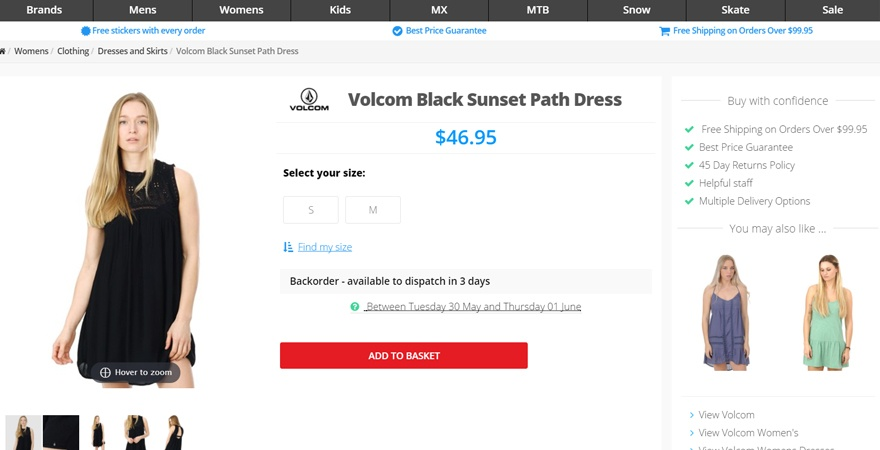
When you design your product page with no descriptions, customers will leave your store at first sight.
Describe your products, talk about the features and benefits, and tempt them by illustrating how your products can change their lifestyle.
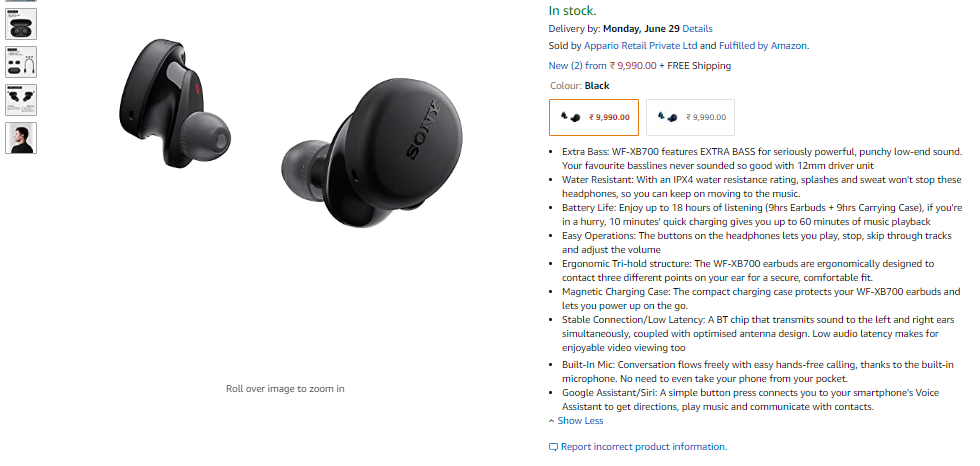
While crafting descriptions, here are few things to keep in mind,
- Draft a description of your product with vocabulary & tone that suits your audience.
- Do not use the description of the manufacturer; they are obsolete.
- Mention the product specifications.
- Talk about its features and benefits.
- List them using bullet points for easy scanning.
- Optimize your description with keywords.
Follow these steps to create more enticing product descriptions to emotionally connect with your customer and increase your sales.
Expensive additional costs
One of the most common mistakes Shopify store owners make. So, you’ve done everything right in your design section, the customer has come all the way to checkout.
They gaze at the high additional prices and quit your store causing you a loss in sales.
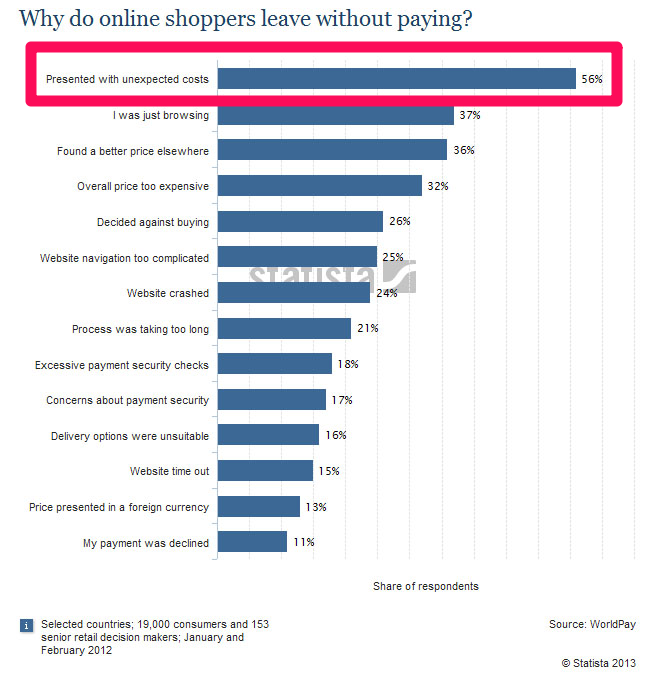
High unexpected Shipping costs are one of the major reasons why customers leave without making a purchase.
So, how to get sales on online stores without shipping costs?
You should mention the shipping costs in the product page itself, calculating them after a customer has added it to their cart will leave you with an abandoned cart.
Dealing with an abandoned cart is far more complicated than a customer leaving right at the product page.
So, how can I overcome this obstacle?
Customers leave because the high shipping costs often comes as a surprise, remove the element of surprise so they’ll be prepared to complete the purchase.

The only way you can eliminate the element of surprise is by adding a shipping cost calculator. Now your customer will know about the shipping cost beforehand and will be braced for the purchase.
Maximize your sales potential with Retainful! Recover abandoned carts, engage customers with personalized email campaigns, and offer dynamic discounts driving your revenue higher.
Not paying attention to lost sales
This mistake occurs because of ignorance or lack of eCommerce expertise. Most Shopify store owners think that a sale is lost once a customer abandons his/her cart.
Abandoned carts have potential sales in it, ignoring them would cause you more damage.

Plugins like Retainful can help you recover your abandoned cart and convert them into revenue without your efforts.
What? How can it convert a lost sales into revenue?
Simple, let’s look at the sequential process on how this works,
- This plugin will catch the customers when he adds products to his cart.
- Then it will send a series of cart recovery emails to the customer at specific intervals.
- These emails will request customers to return to your store and complete his purchase.
Now, the customer will return to the store and recover his abandoned cart, recover his abandoned cart, thus converting your lost sales into revenue.
Alright, What if the customer doesn’t return to recover his cart?
Well, Retainful is prepared for that too. You follow the same process of sending cart recovery emails, when the customer isn’t responding, you tempt them.
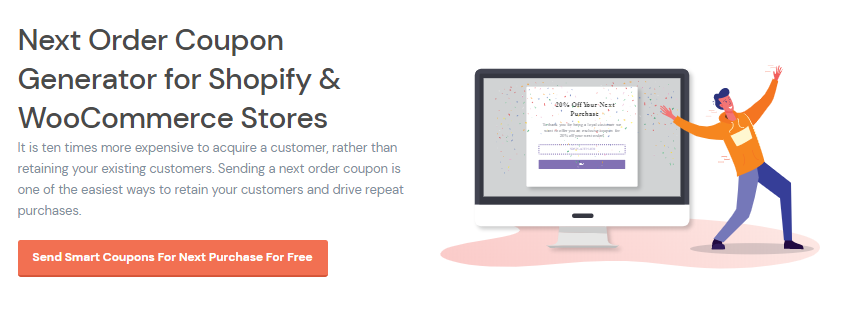
Next Order Coupons by Retainful offer a discount for future purchases, but to avail of that discount, a customer has to complete his current purchase.
This will encourage the customer who abandoned his cart to return to your store and complete his purchase. So, not only you’re recovering a lost sale but also driving repeated purchases using Retainful.
Poor usage of psychological triggers
Psychological triggers? What are they?
Creating a sense of urgency or scarcity to make the customers act quickly on a purchase is called psychological triggers.
New Shopify stores don’t make use of this opportunity, because they think a customer will purchase a product as soon as they see it.
Sometimes you can call it ignorance or overconfidence of new store owners.
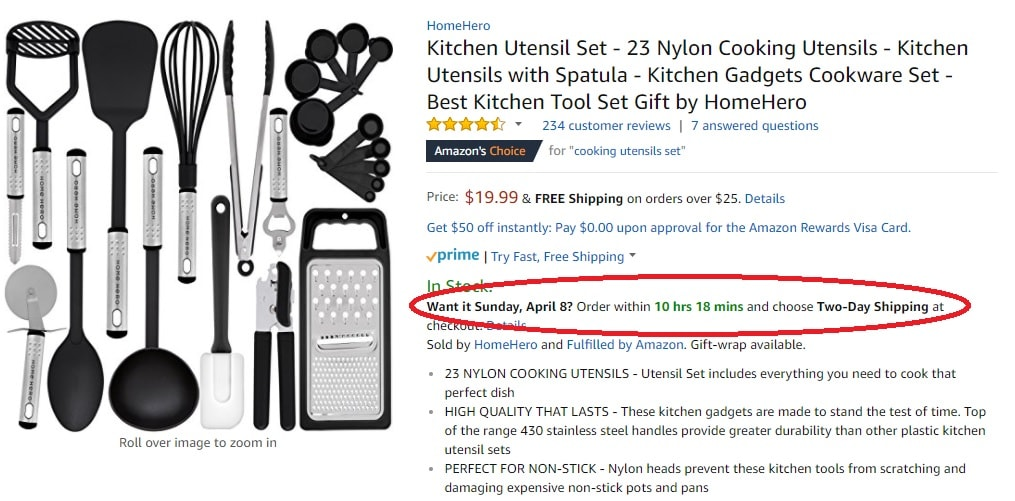
Even though there are many ways to create urgency and scarcity, we’ll discuss the commonly used tactics in almost every eCommerce store.
In the above image, you can see how Amazon creates urgency by showing a countdown timer. This will trigger the customer to order quickly so he can get the delivery within 2 days.
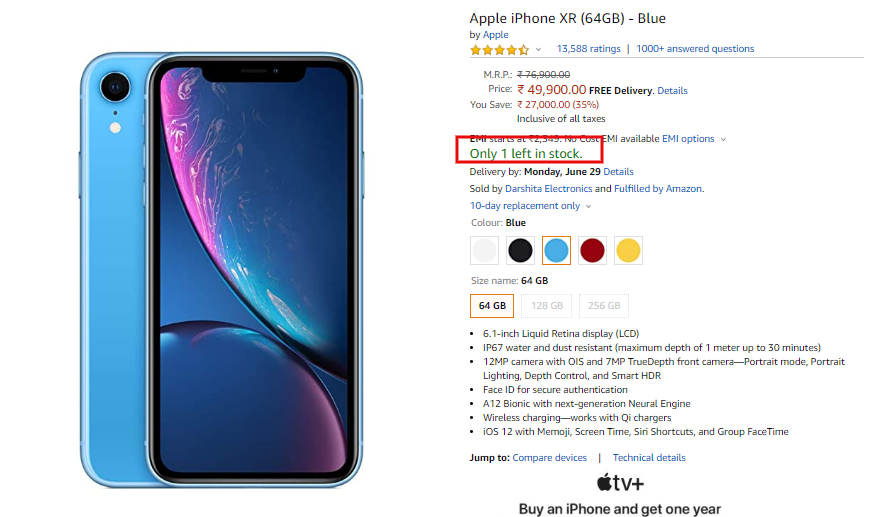
Here is another emotional trigger by Amazon, by saying ‘Only 1 left in stock’ they are showing scarcity which creates FOMO within customers.
FOMO(Fear of Missing Out) is a powerful tool using which you can push your customers to make a purchase without any second thought.
No wonder these eCommerce stores are successful because they seize the opportunity for sales when they see it. These stores rarely make mistakes.
As a Shopify store owner, you should also make use of these emotional triggers to eliminate high traffic but no sales scenario.
Overcrowding your store with plugins
The reason why most entrepreneurs prefer Shopify is because of the wide ecosystem of plugins it has in its repository.
It is like for almost every eCommerce problem, Shopify has a plugin that holds a solution.
But sometimes having multiple plugins at once in your Shopify store can cause some undesirable issues in your store.
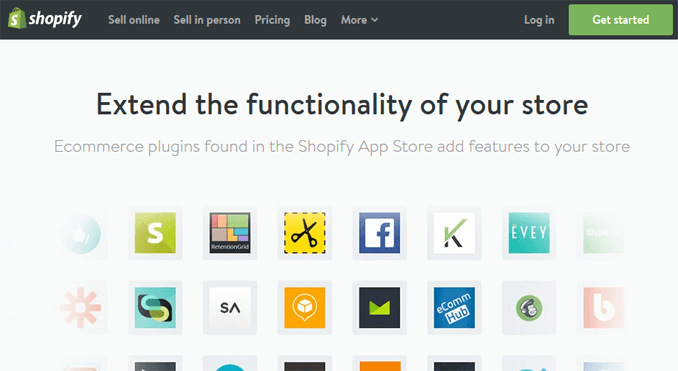
Eventually, having so many applications that add features to your store will make your site crowded and frustrating to consumers. This will cause customers to quit and drop in sales.
We aren’t saying that you shouldn’t use any plugins, we are saying that you should use the right plugins.
A common misconception is installing a new plugin will increase your sales. No, it won’t, sales takes time and overcrowding plugins will damage your store.
So, always use the plugin that can benefit your store to the maximum and excludes needless plugins to avoid site overloading.
Not furnishing enough details
This is one of the frequent mistakes that Shopify stores do. Not providing enough details of the product to convince the customer.
What do customers do before purchasing?
They scan the product page, they look for information or specifications about a product. When you don’t furnish enough information, customers won’t be convinced and now your sale is lost.
This happens mostly in fashion stores, where the size chart, alternative colors, type of material isn’t provided for clothing or shoes.
Not only this frustrates your customers but they’ll bad mouth your store in your reviews.
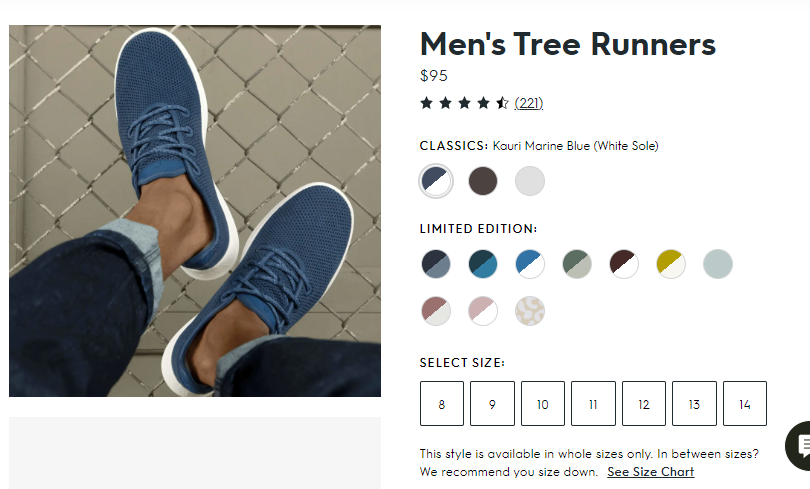
This product page by All birds is a great example of how your fashion product page should look. They’ve provided size charts, alternative colors, and more.
What happens when I provide details like these?
You are reducing the efforts of customers, making their purchase a pleasant one. This will motivate them to return to your store and stay loyal for a long period.
So, don’t be annoyed to add product details in your store. Scannable details give your customer a better shopping experience.
Poor return policy
This may come in as a surprise, but yeah, return policies do influence your customer’s buying decision.
If you’re wondering why my Shopify store is not converting, it’s because customers actually read your return policies, if you’re being too defensive in your policies, they quit your store.
A recent study shows that around 60% of people read the return policies and if they are not satisfied with it they’ll not purchase from that store.
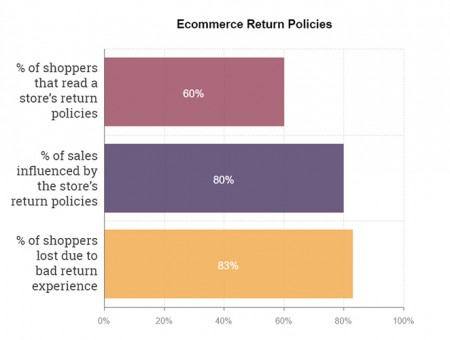
In fact, a revenue rise by 25% can be seen when you have an easy return policy. However, 96% of customers claim they will prefer to shop again with a store if they give a quick or very convenient return policy.
Here are some more benefits of a good return policy,
- Your traffic and sales will increase when you have a lenient and convenient return policy.
- If there is an option to return a product, customers will be willing to pay more for it.
- Customers will happily come back to your store after a good return experience.
- Good return policies will increase your word of mouth marketing bringing in new leads.
So, now you know how you can benefit from good return policies and all you have to do is act upon it.
Thinking people would magically find your store
Honestly speaking, creating a new online store will actually make you a bit overconfident. New Shopify store owners think that their sales will skyrocket just because they created a new store.
Trust us, sales don’t fall from the sky, you need patience, it takes some effort, most importantly a dynamic eCommerce marketing plan.
Then, how to get sales on my online store?
Yes, you need a perfect marketing plan if you want your store to take off. If you don’t your store might takeoff, but it’ll never reach the skies.
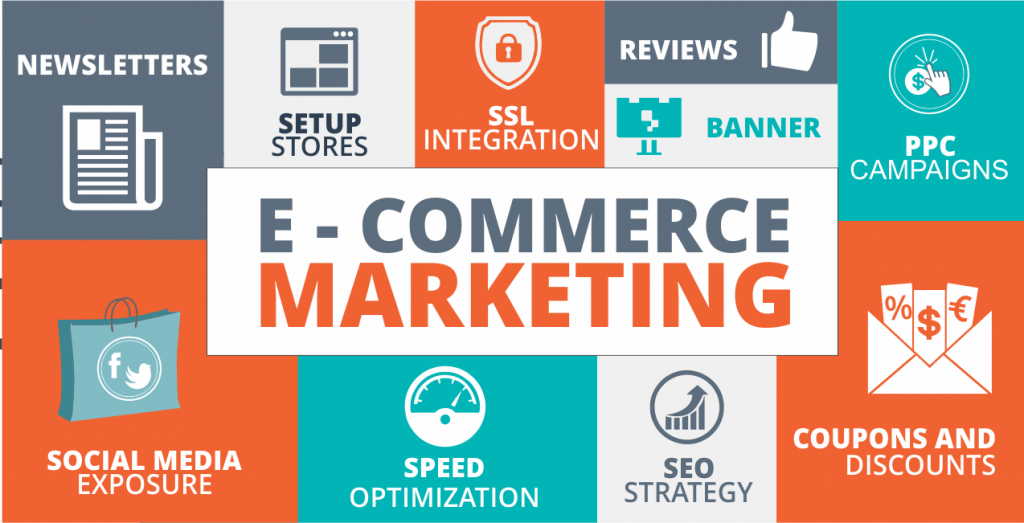
There are over 600+ million active websites on the Internet. The probability that anyone would consider a freshly introduced platform organically is low to zero.
So you’ve to invest your money and effort in strategizing a robust marketing plan to expose your store to millions.
Here is a list of marketing methods you can follow to increase your conversions and sales,
- Pay-Per-Click advertising (PPC)
- Search engine optimization (SEO)
- Content marketing
- Influencer marketing
- Social media marketing
- Email marketing
- Affiliate marketing
- Local Marketing
These marketing channels will help you to take your store to your intended audience and take up your sales.
Not creating buyer personas
We just talked about marketing, all of these marketing methods would be redundant if you haven’t created buyer personas for your store.
Wait, what is a buyer persona?
A buyer persona is a fictitious illustration of your potential customers based on the buyer persona analysis you’ve created.
Carry out research on your target audience and create individual buyer personas. Always remember that buyer personas should be created based on a group of people not on a specific individual.
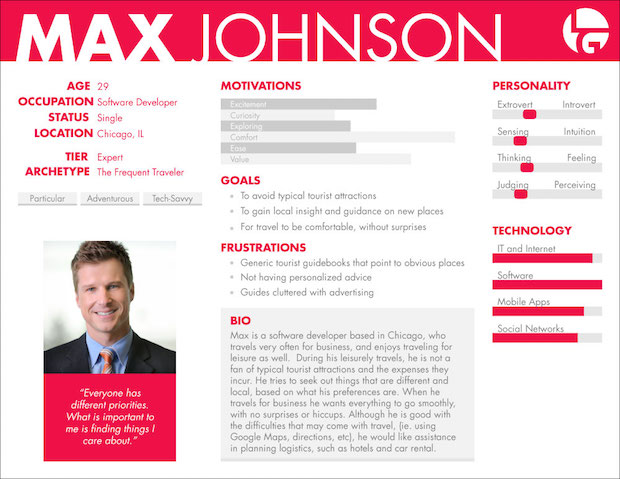
Why should I create personas before executing my marketing plan?
Wait, let us explain that in sequential steps,
- You may know your target audience, but what you don’t know is their interest, frustrations and pain points.
- You carry out research and find all of the interests, demographics and more.
- Now you segment the audience based on common interests, locations, gender, frustrations and so on.
- You create a buyer persona for these segmented audiences.
- Now you have multiple buyer personas for your store.
So, to answer your question, now you’ve created buyer personas and you know who your marketing campaign should target.
You can tailor your marketing campaigns based on the personas interest, locations, etc. This reduces your effort and it is the most efficient way of increasing WOM marketing.
Lacking ideas for contests and giveaways
Sometimes you have to come out of your comfort zone and try some new tactics in order to market your store.
Giveaways or contests, almost all major stores have been using these techniques to get rid of high traffic and no sales scenario.
Contests can increase the traffic to your store and the WOM marketing. Even customers new to your store will also participate to win free products.

When you organize contests like these, it will give an opportunity to know more about your customer and how engaged they are with your store.
Another major giveaway or sales idea that eCommerce stores have been using is the yearly ‘Sales day’.
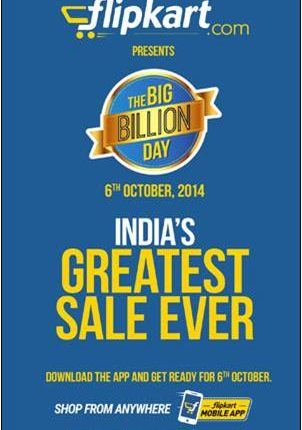
This tactic has proven to be the biggest crowd puller for an eCommerce store. The WOM marketing that these contests get are global, you can make your store to new heights with this type of contests.
But be careful, don’t sell all your products at low price, it will impact your revenue.
Only sell products that have performed very poorly and products that have been taking up your inventory for months.
Neglecting competition in the market
Competition, something that is right in front of us but we are ignorant to see it through. Not paying attention to your competitors might impact your sales.
Each second of the day, you compete in an ocean of similar stores offering the same items as you do.
If you take your eyes off your competitors for a second, they’ll seize the opportunity. But, why does it happen?

You see, eCommerce stores are transparent, anyone can enter a store and look into it at any time. As a customer we ourselves are notorious for comparing items.
If we find a new store selling the same product for better prices and good return policies we’ll jump to those stores.
That is something you’ve to avoid in your store, always keep a close eye on your competitors and change your plan accordingly.
Make sure you grab the customers and glue them to your store until they complete their purchase, keep them engaged and keep them satisfied.
Frustrating checkout process
Yeah, how many times have we experienced it ourselves?
When a customer finds the product that he wants, the very next thing he wants to do is to own that product.
And the only way he can do that is by going through the checkout process and if you somehow mess it up in your checkout chances are he’s never going to visit your store again.
Complex checkout process is a major contributor to cart abandonment.
So you have to simplify the process if you want to avoid customers abandoning their cart after deciding to purchase.
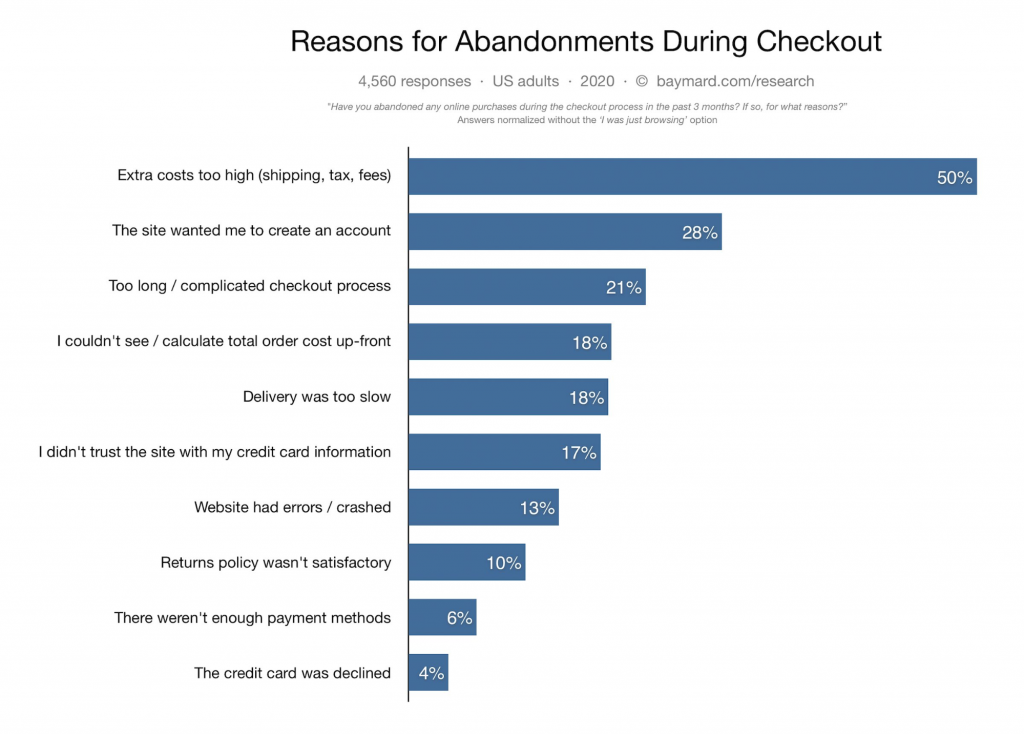
This chart shows you the mistakes that you might possibly make in your checkout process. So, if you want more sales ease out your checkout process.
A friendly reminder, customers hate web forms, so don’t prompt a form in their face during the checkout process.
Missing out on Social media
In this digital era, it is safe to say that our world runs through Social media. With billions of users across multiple social platforms, it is a great place to expose your Shopify store.
Platforms like Facebook, Instagram, Twitter, Reddit and many more can take your store to the skies.
Build a business profile on these sites and sell your products to friends and families. Such outlets will increase the scope of your company and make people talk about your products.
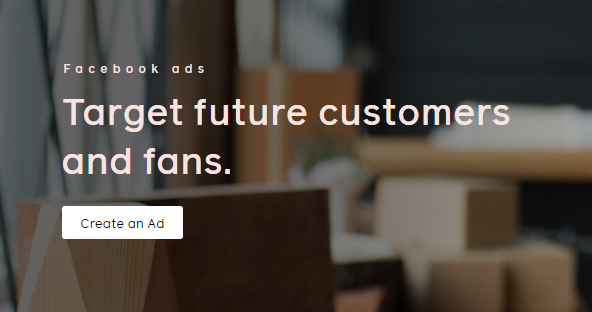
You can also integrate your Shopify store to Facebook and run targeted social media ads to expose your store to millions of users.
Instagram is also a great place to run ads as the per-followers engagement is 50 times more than Facebook and Twitter.
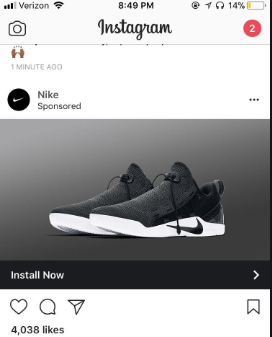
With billions of users logging in every day, social media is a gold mine that is waiting for you. So, make use of the platform very well.
Lack of security
Ecommerce websites are one of the major victims of hackers. Even though Shopify store developers are tech-savvy, they often miss out on website security.
Unless the violation issue is not resolved, the potential owners of online shops risk losing data on the site and customers.
Remember, customer data is crucial, losing them might get you into lot of trouble. So, test the integrity of your store before opening it to the public.

Getting proper certified badges will encourage customers to enter their details in the payment gateway without any fear of their card’s security.
These badges in your store means that the details are encrypted and it is not vulnerable to hacking or other malicious activity. These certificates or badges will increase your conversions for good.
Unwanted and annoying popups
Popups bring huge benefits to an eCommerce store. Especially with the ecosystem of popup plugins that Shopify offers, it’ll be tempting for a store owner to make use of it.
But the mistake that store owners do is, they take these pop ups for granted and install multiple popups plugins to their store.
Adding multiple popup plugins will make your store look bloated and spammed with pop ups raising every minute.
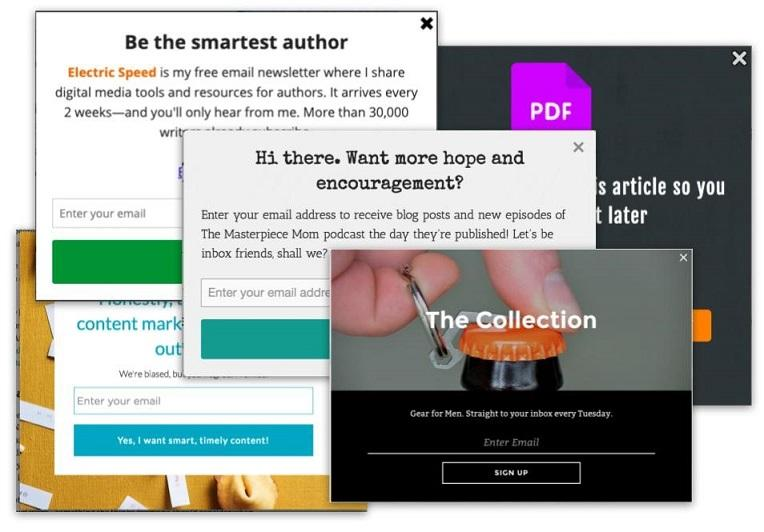
Don’t blast popups on people as soon as they land on your store. It’s distracting, give them some time to scan through your store and then trigger a popup based on their actions.
Always grab the attention of a customer in a non-intrusive manner. Only then you can get the desired conversions.
People generally hate popups, but still we cannot avoid it because it has its own benefits. So, always use it in a proper way.
Spelling and Grammar mistakes
This title doesn’t need an introduction, how many times have we got annoyed because of grammatical mistakes in websites, even though its severity is very low, but still it bugs us.
You are running a Shopify store, so it should be professional and free of spelling mistakes.
Customers may feel awkward to shop at your store because of spelling or grammar mistakes.
It’s just a spelling mistake, why is it important?
Because content influences your credibility, a mistake in your content means an impact on your store’s credibility.
Also, as we said earlier, you only have 5 seconds to convince a customer to purchase, when you look at it this way a spelling mistake within a 5 second will push the customer away from the store.
So, before you launch your store, proofread it twice or thrice, use plugins like grammarly to check your spelling or grammar mistakes and then launch your store.
Incentivize repeat purchases with Retainful to increase customer loyalty. Don’t settle for missed opportunities – seize the power of Retainful and watch your sales skyrocket.
Wrapping up
Is your store getting high traffic but no sales, we’ve been there and we’ve overcome that obstacle. That’s we wanted to share our story with you so you can learn from us and boost your sales.
We’ve illustrated the 20 common mistakes that store owners make after creating a Shopify store. If you’re wondering why my Shopify store is not converting, try avoiding these mistakes and you’ll see a significant increase in your sales and conversions.
Frequently Asked Questions
Some of the challenges Shopify owners face include the struggle to maintain traffic flow to the website, competition from other retailers, managing inventory and shipping and also keeping up with the ever-changing trends. They could also be struggling to acquire new customers and retain existing customers.
One of the most common mistakes business owners make is failing to do proper market research before launching a product or service. This can result in a lack of demand for their offerings, which can ultimately lead to business failure.
Your Shopify store might not be getting sales due to poor website design or navigation, inadequate product descriptions or pricing, insufficient advertising or marketing efforts, and ineffective targeting of the intended audience. Find out what is affecting your sales and fix them to generate more sales.
Many Shopify stores fail due to a lack of proper planning, inadequate marketing strategies, and a failure to differentiate themselves in a highly competitive market. Additionally, many store owners underestimate the effort and investment required to run a successful e-commerce business.
Shopify’s weaknesses include limited design flexibility and customization options, high transaction fees for third-party payment gateways, and limited control over SEO and website performance optimization.
There is no definitive number on how many Shopify sites fail as it can vary greatly depending on factors such as niche, competition, marketing efforts, and product quality. However, industry estimates suggest that the failure rate for e-commerce businesses, including those on Shopify, can be as high as 80%.
